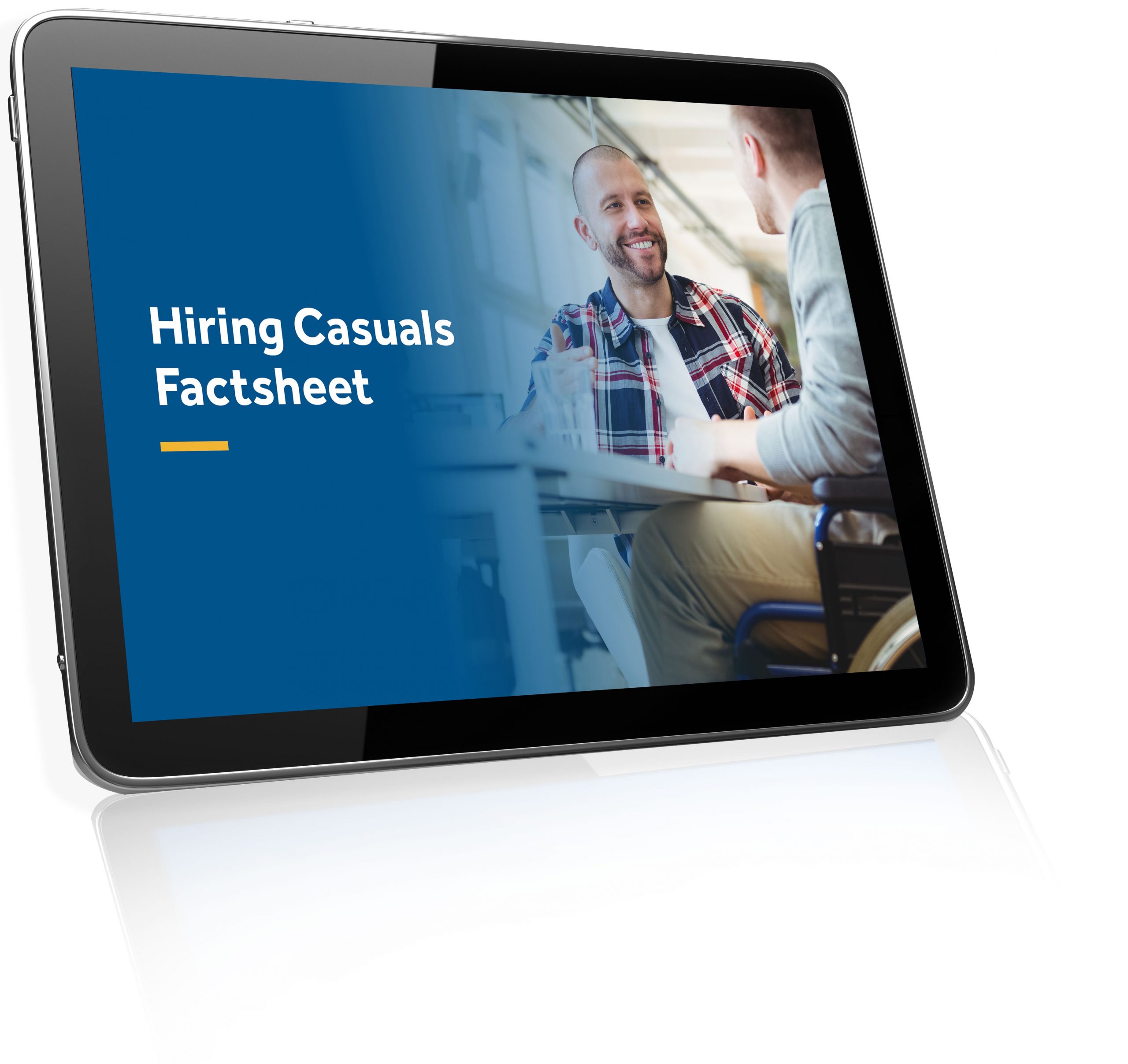
Held from the 1-2 September at Canberra, the Jobs and Skills Summit was an opportunity to shape the future of work in Australia. The Prime Minister and the Treasurer led the Summit along with the support of key ministers.
The Jobs and Skills Summit gave key decisionmakers and stakeholders a chance to work constructively on challenges facing the Australian economy.
The federal government released its Jobs and Skills Summit outcomes paper highlighting the immediate actions and areas that need work. How can business owners prepare for these outcomes? What does it mean for you?
While the steps identified are not yet implemented, the direction of these actions can give business owners a fair indication of the landscape of the labour market and the economy. Here are the key outcomes you need to know:
Building fair and safe workplaces
One of the key outcomes of the Jobs and Skills Summit was its focus on building fair and safe workplaces. The Government will update the Fair Work Act to create simple and new frameworks. These frameworks will ensure all workers and businesses can negotiate in good faith for agreements that benefit them, including small businesses, women, care and community services sectors, and First Nations people.
This will be in addition to establishing two new expert panels in the Fair Work Commission (FWC) for pay equity and the care and community sector. There will also be an objective test in legislation for determining when a worker is casual. Further to this, they are considering extending the powers of the Fair Work Commission to include “employee-like” forms of work, allowing it to make orders for minimum standards for new forms of work, such as gig work.

Do you employ casual staff?
While casual employment gives your business great flexibility, it comes with specific conditions, entitlements and obligations. It can be more confusing than it seems and it’s easy to get it wrong! Ensure you know the ins and outs of hiring casuals in your business.
Download our FREE Hiring Casuals: A quick factsheet for NDIS service providers.
Improving job security
As the economy battles labour shortages and gaps in existing skills, businesses need help understanding the future of the workforce. The paper highlights the proposal to amend the Fair Work Act to consider access to flexible work and unpaid parental leave.
FWC to be potentially offered capacity to proactively help workers and businesses reach agreements that benefit them, especially new business, and small and medium businesses. The Government also discussed the need to mitigate wage theft.
Offering equal opportunities
The gender pay gap remains a topic of concern for small businesses across Australia.
The Jobs and Skills Summit has proposed that businesses with 100 employees or more publicly report their gender pay gap to the Workplace Gender Equality Agency. It would also require the Australian Public Service to report to the Workplace Gender Equality Agency and to set targets to improve gender equity in the public service sector.
The Government will explore options at the local level and address barriers to employment among disadvantaged groups and the long-term unemployed. Stakeholders have been urged to consider developing new remote and disability employment service models.
A Visitor Economy Disability Employment pilot will connect small businesses with people with disability who want to work and employment will be integrated into National Disability Insurance Scheme (NDIS) plans.
Ten days of paid family and domestic violence leave in the National Employment Standards were introduced as potential legislation in 2022.
Empowering staff
Businesses should be taking proactive steps to manage risks of sexual harassment.
The Government has suggested implementing recommendation 28 of the Respect@Work Report. It expressly prohibits sexual harassment in the workplace. There is also a recommendation to enable the FWC to resolve disputes relating to workplace sexual harassment.
The proposal further recommended that they could strengthen the Respect@Work Council by giving business and unions a permanent seat the table along with government and civil society to support women’s safety and respect at work.
What should you do?
Business owners need to stay on top of their obligations regarding employment relations and work health and safety. Employsure has worked with over 30,000 businesses across Australia and New Zealand. As such, we understand the importance of keeping up with any potential changes and being proactive.
Call our 24/7 Advice line today to ask all your tricky questions about employment relations.
